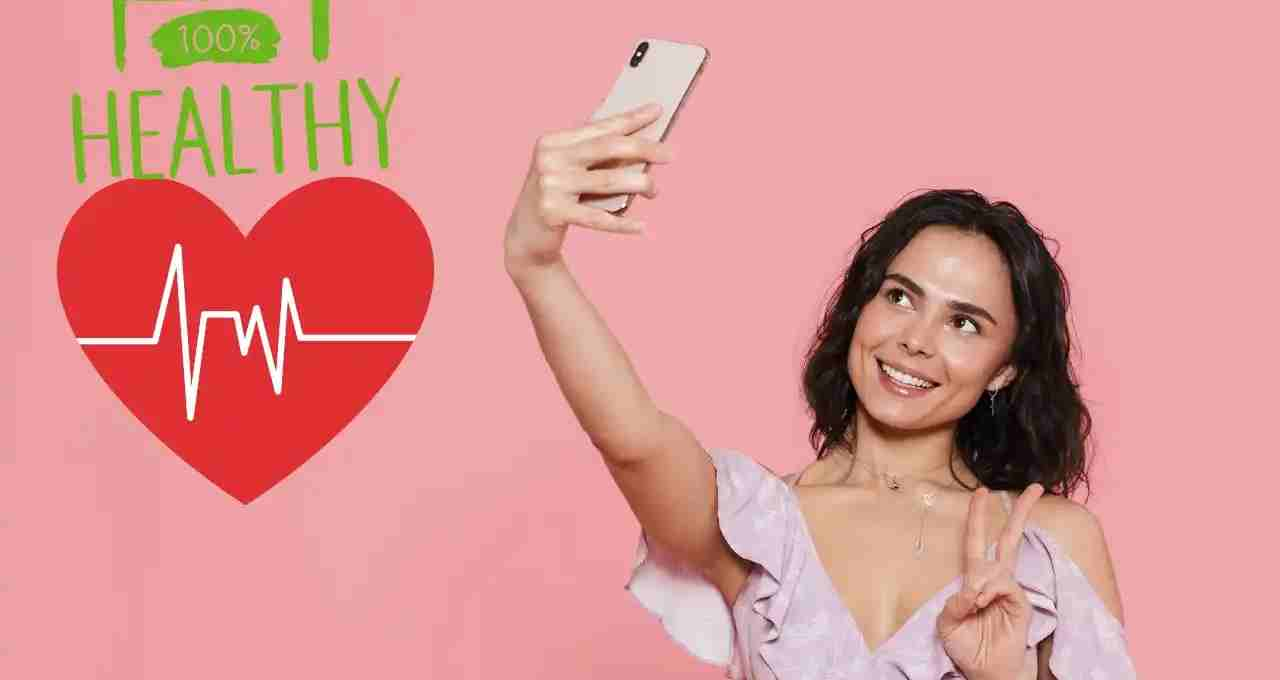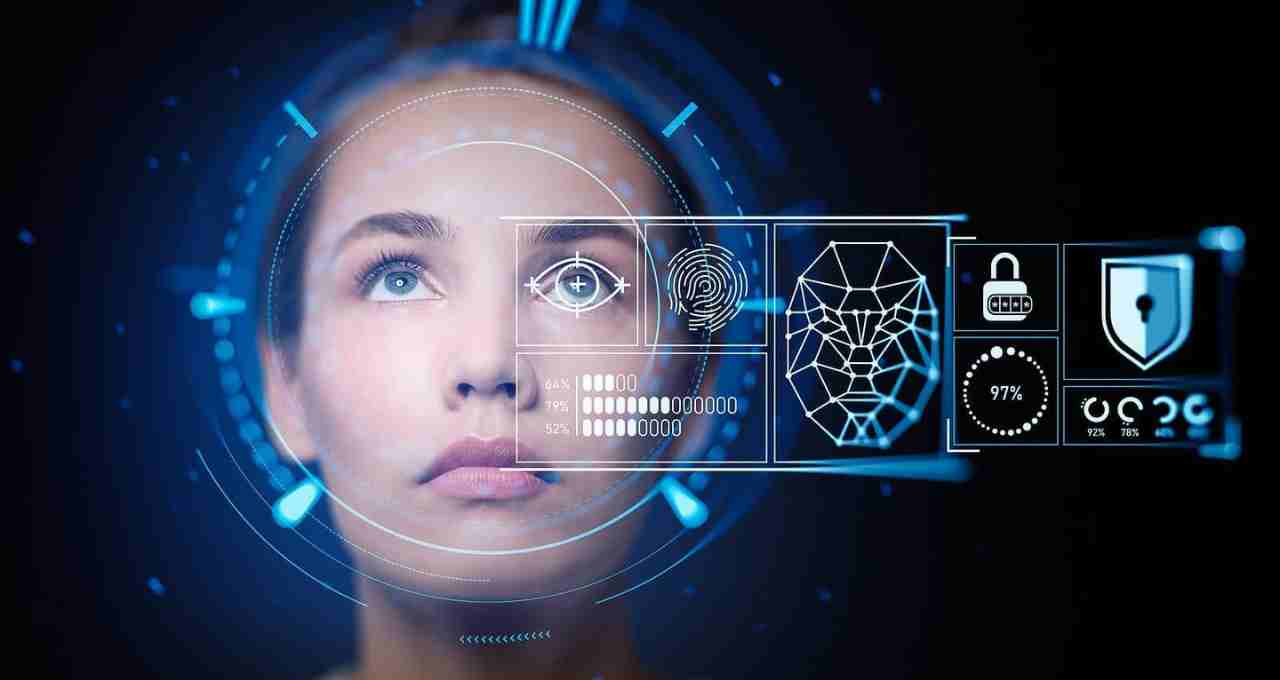FaceAge is a deep learning algorithm that estimates a person's biological age, reflecting their actual physical condition, rather than their chronological age (age based on birthdate). Its purpose is to assist doctors in accurately assessing a patient's health.
Artificial intelligence (AI) is making its mark in every field, and the medical field is no exception. A new AI tool, FaceAge, estimates your biological age using only a selfie. This allows doctors to better assess your health. This innovative tool was developed by researchers at Mass General Brigham in the USA, and their research paper was published in Lancet Digital Health on May 8, 2025.
What is FaceAge and how does it work?

FaceAge is an advanced deep learning algorithm that assesses a person's biological age by analyzing their photograph, evaluating their true physical condition rather than relying solely on their chronological age. Its primary goal is to provide doctors with an accurate picture of a patient's health so they can create better treatment and care plans.
Key Features of FaceAge

- Based on the "Eyeball Test": Doctors often quickly assess a patient's health through visual observation. FaceAge operates on a similar principle, but utilizes AI technology.
- Inspirational Example: An 86-year-old lung cancer patient was deemed b enough for aggressive radiation treatment based on a doctor's visual assessment. He is now 90 and healthy. FaceAge estimated his biological age at 76 years.
- Training Data: This AI was trained on over 9,000 images, including photos of healthy individuals over 60. Image sources included Wikipedia, IMDb, and the UTKFace dataset (images of individuals aged 1 to 116).
- Different Approach: Unlike humans, FaceAge doesn't rely on outward signs of aging (such as graying or thinning hair) but assesses deeper physiological conditions.
Accuracy of FaceAge

- Tested on pre-treatment photos of 6,200 cancer patients. The AI estimated their biological age to be, on average, 5 years older.
- In one test, doctors, using only photographs, predicted patient survival at 6 months, achieving 61% accuracy.
- When medical data was combined with the photos, accuracy increased to 73%.














